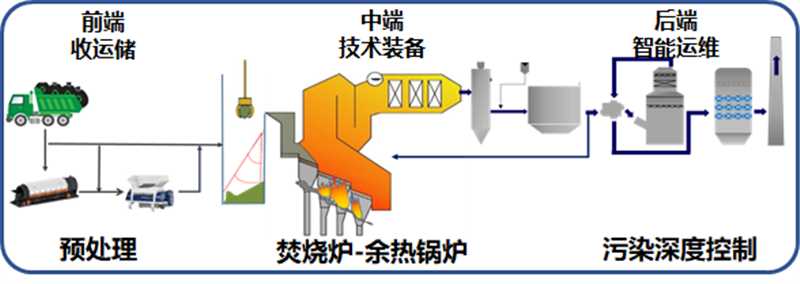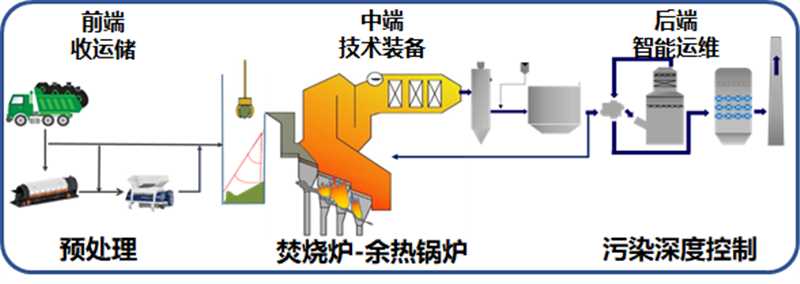Key technologies for efficient co-processing of industrial organic solid waste in waste-to-energy facilities
|
Project Introduction
|
|
Cutting-Edge Technologies for Efficient Co-disposal of Industrial Organic Solid Waste in Waste Incineration Facilities:
SUS is proud to be part of the national key research and development program (NKRDP) "Solid Waste Resource Utilization," collaborating with Tsinghua University, Zhejiang University, Tongji University, China Research Academy of Environmental Sciences, Ecology Center of Chinese Academy of Sciences, China Academy of Urban Construction Research, Aliyun, and other domestic first-class colleges and universities. This initiative also involves leading scientific research institutes and technological enterprises. Together, we leverage the expertise of 10 national platforms such as National Engineering Laboratory of Waste Incineration Technology and Equipment and six international cooperation platforms such as Pollution Control and Resource Utilization Innovation Intellectual Intelligence Base. Currently, we are making steady progress in the research and development of several key technologies and equipment as part of this program.
The NKRDP represents a comprehensive integration of several prominent initiatives, including the National Key Basic Research and Development Program (973 Program), the National High-Tech Research and Development Program (863 Program), the National Science and Technology Support Program, the Special Program for International Science and Technology Cooperation and Exchanges, the Industrial Technology Research and Development Fund, and the Special Program for Scientific Research of Public Welfare Industries. This unified program serves as a cornerstone for providing robust and continuous support for various aspects of public welfare research critical to national economy and livelihood. Specifically, it emphasizes major common key technologies and products essential for enhancing industry competitiveness and fostering overall capabilities for independent innovation. Additionally, the program prioritizes research on strategic, fundamental, and forward-looking scientific issues pivotal to national security. |
Project Highlights:

1. The R&D objectives of the program are centered on various crucial aspects: Database and modeling methods; key technologies, key equipment; application demonstration; operation and maintenance, commercialization and comprehensive solutions; standards and specifications; papers, monographs, and intellectual property rights; and personnel training.
2. Through technology research and development, integration, and engineering demonstration, the program aims to advance the development of waste incineration facilities with a significant emphasis on clean and efficient synergistic disposal of industrial organic solid waste. This includes the development of complete sets of technology and equipment, to comprehensively enhance combustion efficiency and pollution control level. By expanding the scale of the resource recycling industry, the program aims to provide technology-driven benefits for the construction of China's ecological civilization. Furthermore, it seeks to establish a sustainable model for commercialization and promotion of innovation through widespread adoption and implementation.
Highlights

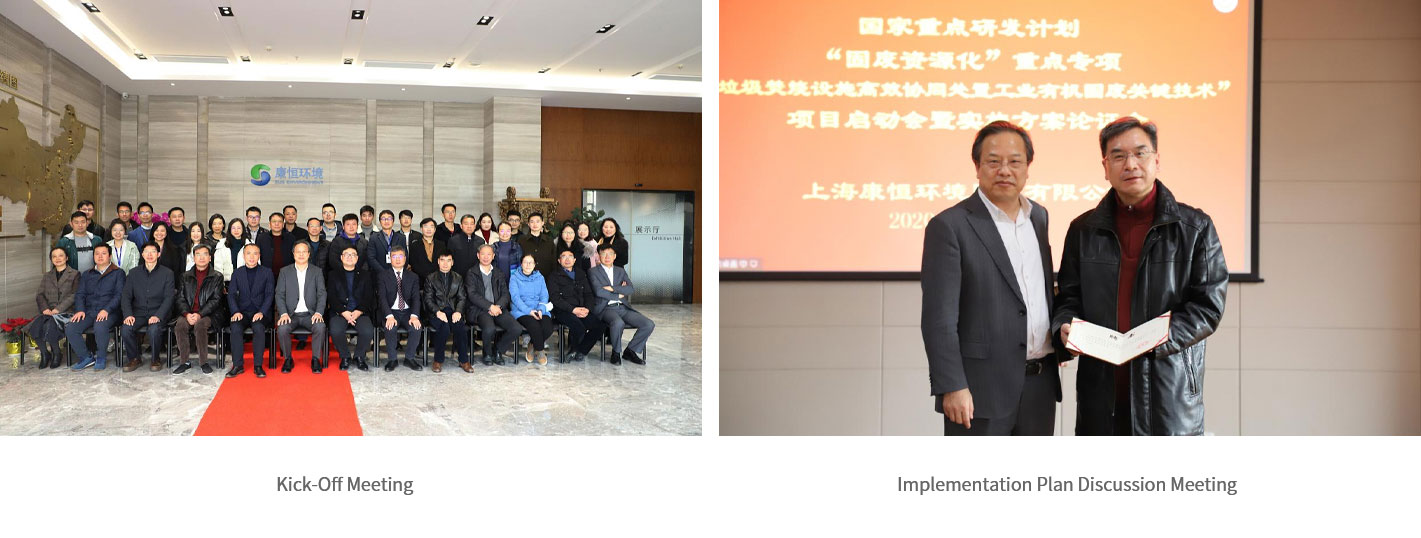
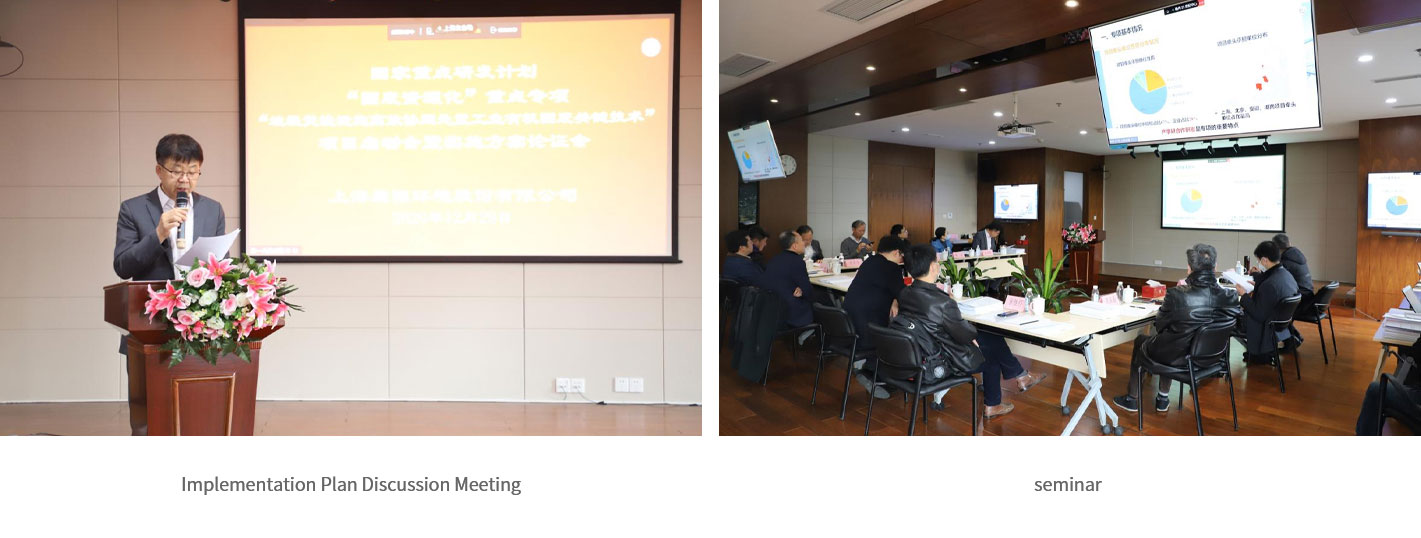
|
Project Introduction
|
|
Cutting-Edge Technologies for Efficient Co-disposal of Industrial Organic Solid Waste in Waste Incineration Facilities: "Key Technology for Efficient Co-disposal of Industrial Organic Solid Waste by Waste Incineration Facilities" is a key project of the national key R&D plan "Solid Waste Recycling" jointly participated by SUS Environment and Tsinghua University, Zhejiang University, Tongji University, Chinese Academy of Environmental Sciences, Ecological Center of the Chinese Academy of Sciences, China Urban Construction Research Institute, Alibaba Cloud and other domestic first-class universities, research institutes and science and technology enterprises. There are 6 international cooperation platforms such as pollution control and resource utilization innovation and intelligence introduction bases. At present, the research and development of a number of key technologies and equipment are progressing in an orderly manner.
The NKRDP represents a comprehensive integration of several prominent initiatives, including the National Key Basic Research and Development Program (973 Program), the National High-Tech Research and Development Program (863 Program), the National Science and Technology Support Program, the Special Program for International Science and Technology Cooperation and Exchanges, the Industrial Technology Research and Development Fund, and the Special Program for Scientific Research of Public Welfare Industries. This unified program serves as a cornerstone for providing robust and continuous support for various aspects of public welfare research critical to national economy and livelihood. Specifically, it emphasizes major common key technologies and products essential for enhancing industry competitiveness and fostering overall capabilities for independent innovation. Additionally, the program prioritizes research on strategic, fundamental, and forward-looking scientific issues pivotal to national security.
|
Project Highlights:

1. The R&D objectives of the program are centered on various crucial aspects: Database and modeling methods; key technologies, key equipment; application demonstration; operation and maintenance, commercialization and comprehensive solutions; standards and specifications; papers, monographs, and intellectual property rights; and personnel training.
2.Through technology research and development, integration, and engineering demonstration, the program aims to advance the development of waste incineration facilities with a significant emphasis on clean and efficient synergistic disposal of industrial organic solid waste. This includes the development of complete sets of technology and equipment, to comprehensively enhance combustion efficiency and pollution control level. By expanding the scale of the resource recycling industry, the program aims to provide technology-driven benefits for the construction of China's ecological civilization. Furthermore, it seeks to establish a sustainable model for commercialization and promotion of innovation through widespread adoption and implementation.
Highlights

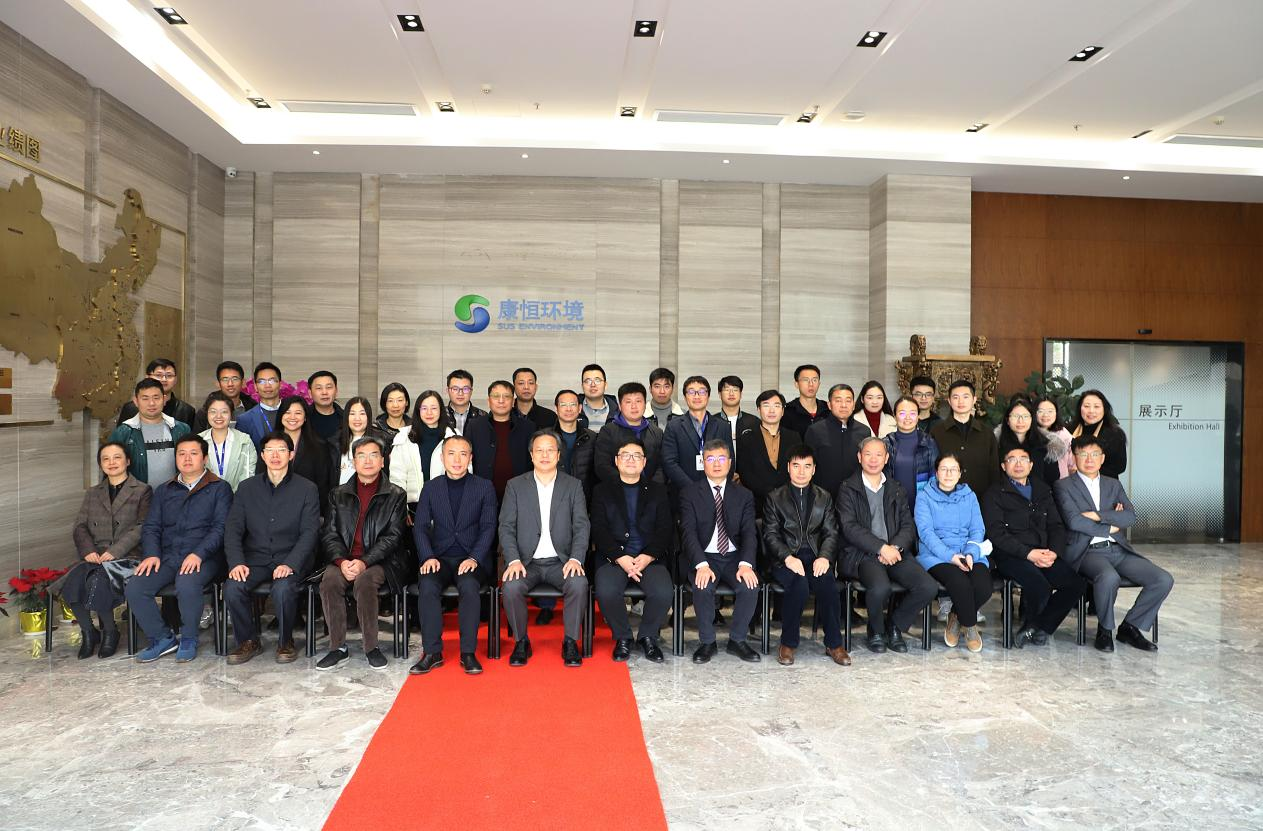
Project kick-off meeting
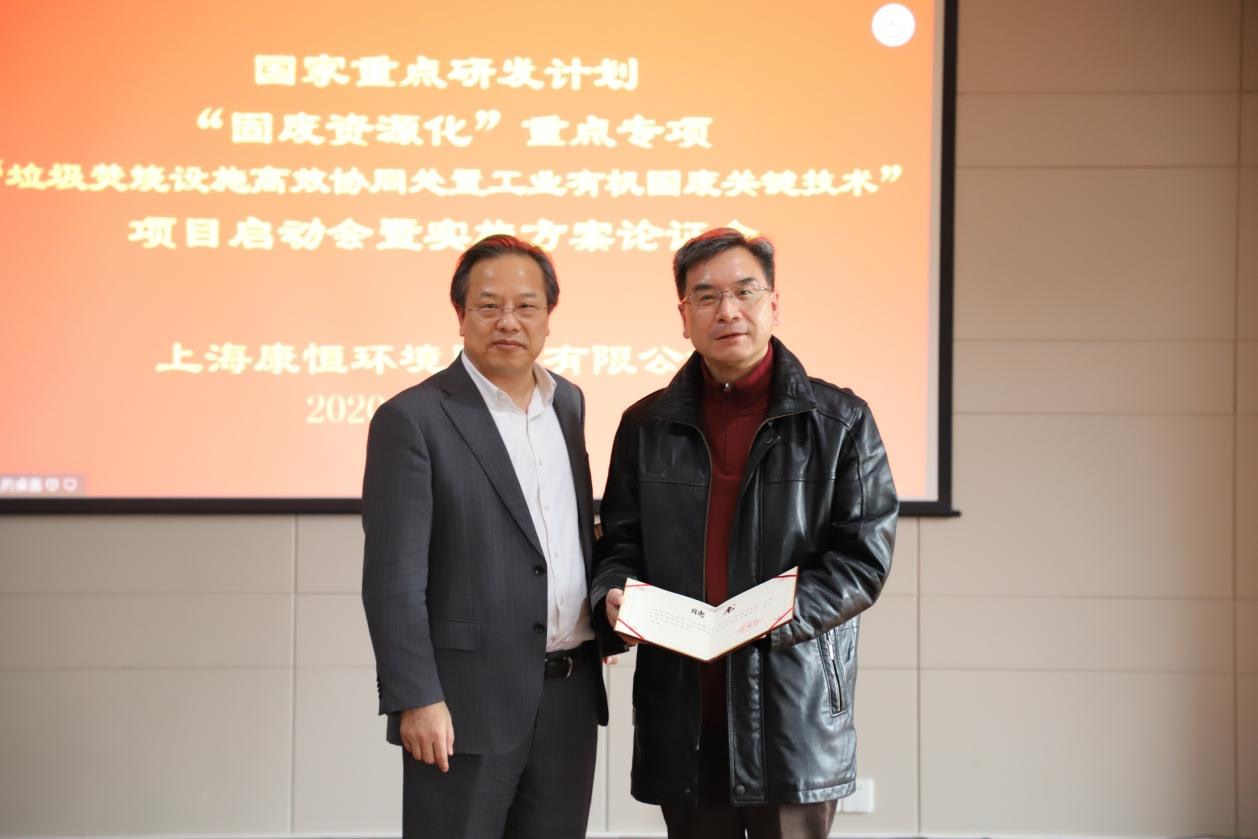
Implementation plan workshop
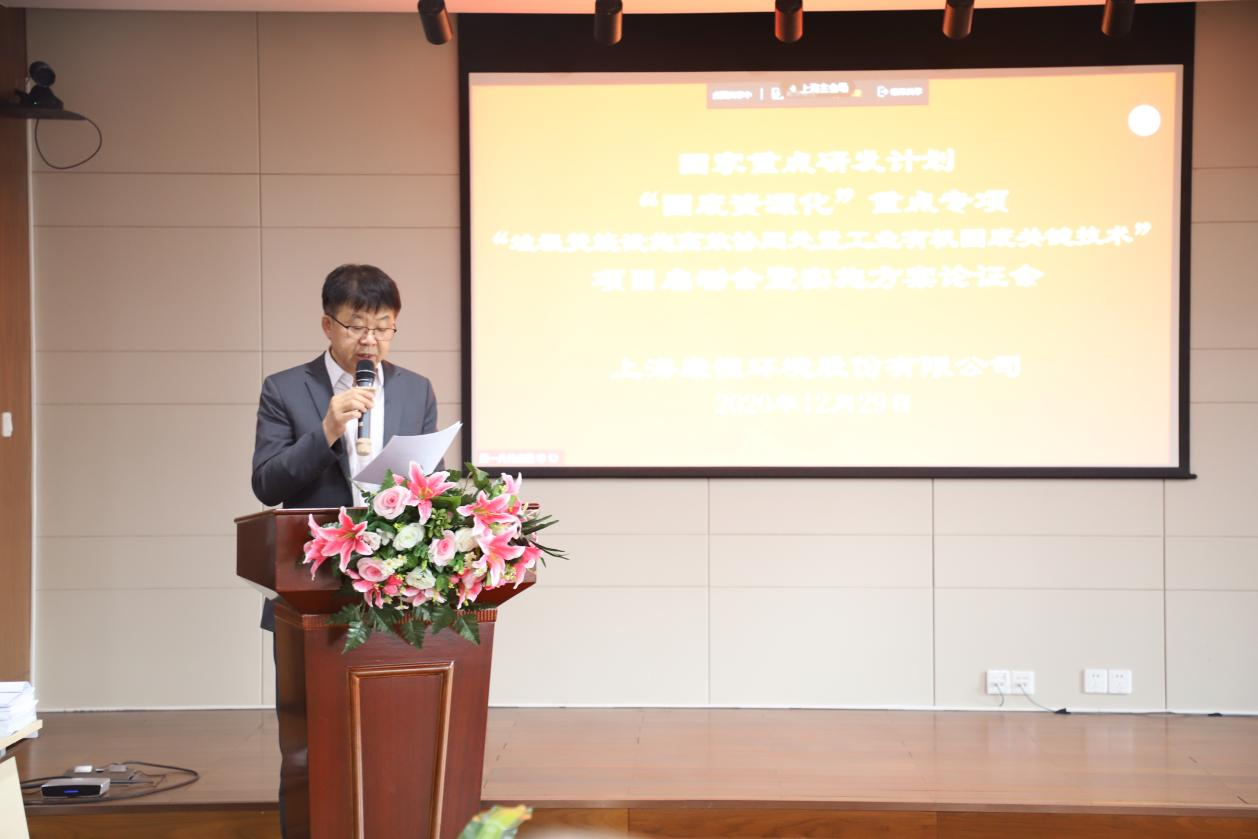
Implementation Plan Discussion Meeting
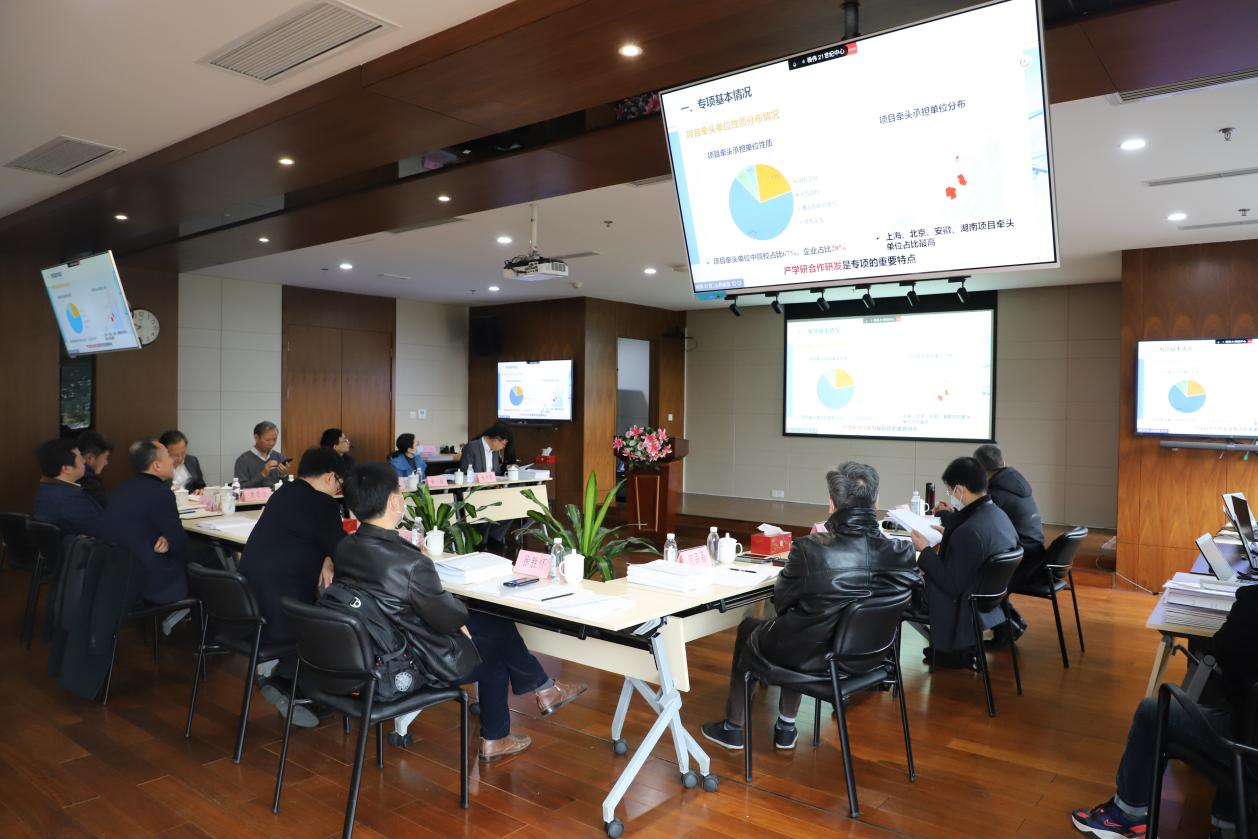
symposium




